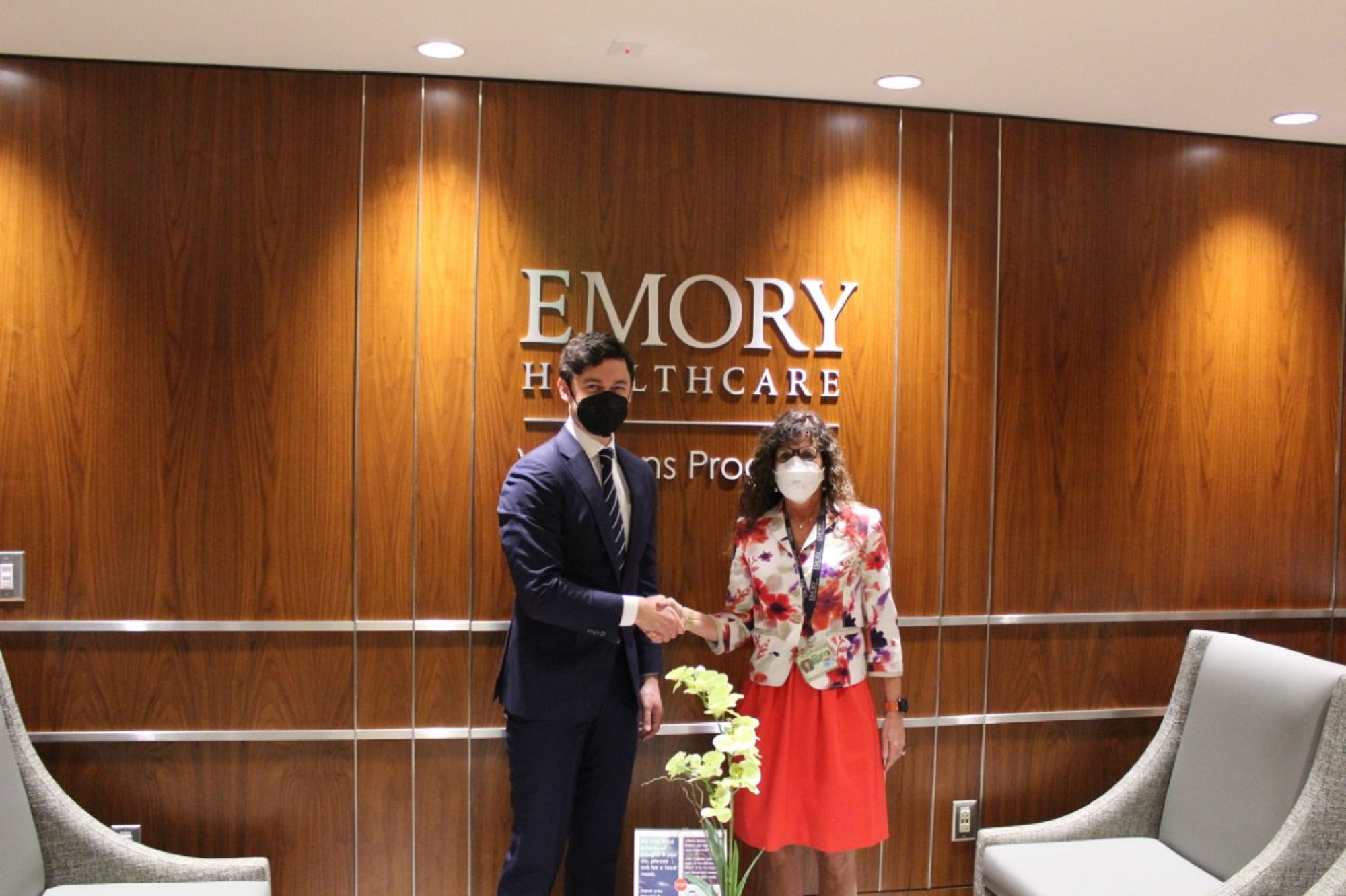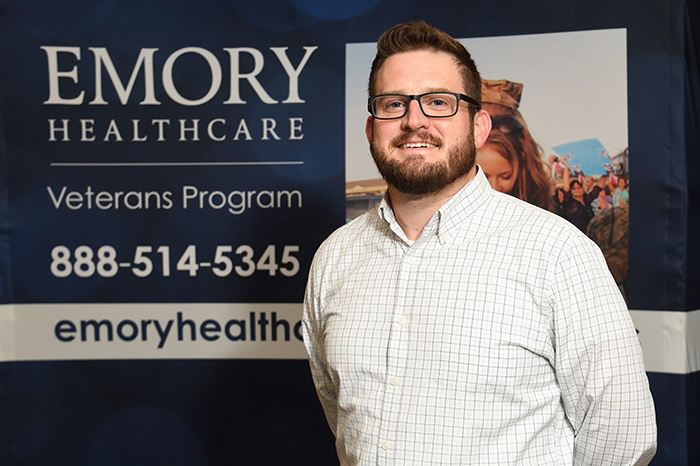“So if there’s a psychiatric need,” says Dr. Baer, “they’ll sometimes refer people to me for a consult visit.”
As a consult liaison psychiatrist, Baer doesn’t provide ongoing psychotherapy, though she sometimes offers referrals to mental health care providers in the community. As a medical doctor, Dr. Baer also can prescribe medications for such common mental health issues as mood, anxiety, and sleep disorders. She pointed out that not every new cancer patient is familiar with the long-term investment of time and money required in traditional talk therapy. For some, telehealth appointments have resolved the challenges of finding someone local covered by their insurance or not having transportation to appointments.
Living with cancer is a long-term proposition that may require occasional or even ongoing visits with care providers. Although she doesn’t provide traditional psychotherapy, Baer does see many of the same people over the course of their cancer journey.
“I might not do weekly psychotherapy, but my practice is open to people I’ve seen before,” she says.
Issues That Come Up with a Cancer Diagnosis
For some people, a cancer diagnosis can stir up feelings of guilt if there is a behavioral aspect that increased their risk—such as smoking tobacco, eating a lot of red meat, being sedentary, having extra weight, or maybe not going in for the mammogram or colonoscopy. Baer makes clear, though, that taking charge of one’s health right now is what’s most important. For a tobacco user, for example, choosing to quit from now on is something to be proud of.
Like every area of our lives today, COVID-19 has affected people’s cancer experience. Although she notes that Winship at Emory patients try hard to avoid the virus by using masks, vaccines, and avoiding crowds. Still, she says, there are challenges, including tensions within families because some family members have not been vaccinated and the patient doesn’t want to see them because their health is at risk.
“It’s not only an infection control problem,” says Dr. Baer, “but it’s sort of psychologically wounding when your family won’t do the things that you wish they would do to protect you.”
Healing Even When There Is No Cure
Despite the far greater number and effectiveness of today’s medication, cancer remains a problem for too many people.
“I just wish our treatments worked all the time for everybody,” Dr. Baer says. “That’s probably one of the most frustrating things, that treatments absolutely have evidence and we practice evidence-based medicine, but they just don’t work every time for everybody as quickly as we would like them to.”
“Obviously”, says Dr. Baer, “we would like a cure to be part of every person’s experience. But even when cure isn’t possible, healing is.”
How?
“Being attentive to what you care about and what you value,” says Dr. Baer. “Then putting action items in place to make sure those happen in these days that we have, these days that are here right now.”
Winship at Emory Support Services
At Winship Cancer Institute of Emory University, we have licensed social workers and medical experts in the field of psychiatry available to you at all stages of diagnosis, treatment and recovery. The goal of all members of our care team is to help you and your loved ones to achieve a good quality of life beyond your cancer diagnosis.
For a consultation with our psychiatric oncologist, a referral through your doctor, nurse practitioner or social worker from your oncology team is required, and new patients must meet with a social worker before accessing psychiatric services. To contact the Winship at Emory social services team, call 404-778-1900.




